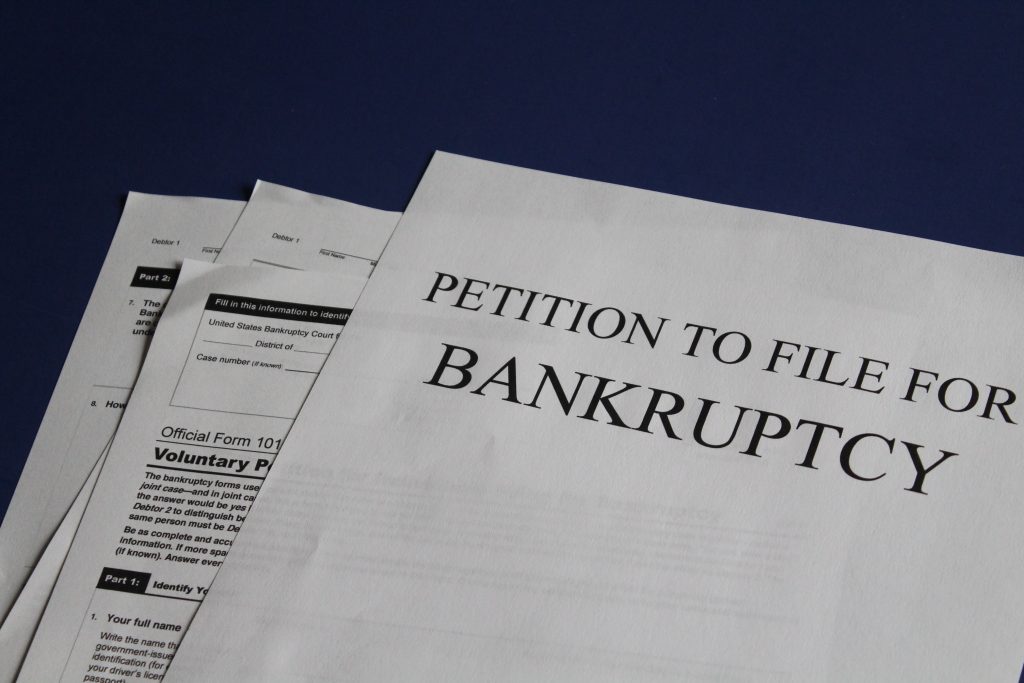While this is is not entirely new because many bailouts have happened in the past century for banks and even countries. The part that raises eyebrows nowadays is bailouts for specific privately-owned companies. Perhaps this is the result of companies becoming too large or as we now call, “too big to fail.” Basically, if the company is not sustained, thousands will lose their jobs and lead to bigger problems for governments. Therefore, we are beginning to see large companies rescued by banks and central banks.
Are bailout decisions hard to make in today’s context?
In general, the supply of money is ever increasing because governments need to ensure and help maintain the financial positions of their financial institutions. As such, pumping more money into the economy has become a choice to make as compared to the past when the supply of money in one area means sacrificing other areas. As discussed on multiple occasions on this blog, national debts are increasing for many major economies and at the moment, some of these countries aren’t facing high enough inflation to account for their massive money printing exercises. Thus bringing us to the question, of whether bailing out a company is a tough decision to make and the easy answer is “no”, provided that there is sufficient justification.
What kind of bankruptcies are worth preventing?

The data above shows that in the recent pandemic situation, many onsite service industries become less relevant and at the same time, revealing that competition in the market might sometimes be excessive in certain parts of the world. That leads to the cannibalization of each other’s businesses and sadly, those who will take the brunt of the hit would be the lower-level employees in these affected companies.
Therefore, it is certainly a difficult question because every bankruptcy affects the company’s employees severely. However, practically speaking, it is impossible to provide automatic bailouts or write-offs as well. Hence, the decision to bail out a company always boils down to the impact of employment and its effect on other parts of the supply chain. This means that a company that has been employing mostly odd job workers or part-timers might be easily turned down because it is harder for authorities to check on their employee records to justify a bailout.
Bankruptcies are more of a retrenchment exercise for the economy
Companies have varying levels of relevance in the economy, some of them might be high-income providers to stimulate GDP growth but others might have become less relevant due to shifts in the way people work or live. As such, some bankruptcies are actually good for the economy as it sends clear messages to other companies to continue innovating and not rely on conventional methods for survival and bailouts when times are tough. Therefore, as investors, we should also take into account such factors when investing in an underperforming company. Some of the consideration factors include its level of innovation and alternatives for current employees of the company, and lastly the revenue generated for the country’s GDP.
Closing Thoughts
This topic might not be as beneficial to those who are seeking for investment advice however it does provide us with a snapshot on how we can select companies from the “undervalued” list of stocks in our watchlist. At the end of the day, we want to get the best future value of the company when we invest in them, therefore, it is always important to consider scenarios such as the business going bust and how likely will it be salvaged to provide that added level of security when we made a purchase for the long run.






